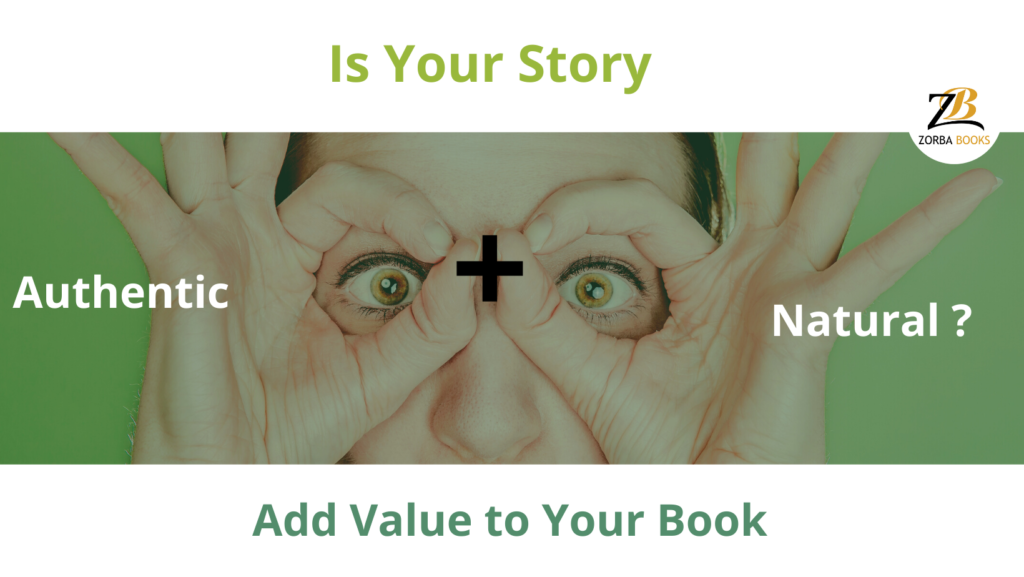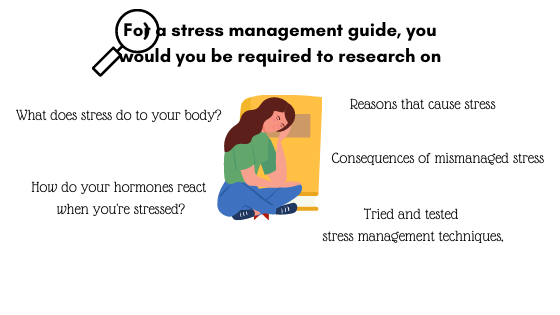
You’re planning to write a book and have sketched out a story in your head. You also have a mind map ready. A summary of each chapter has been written. In sum, all the basics to start writing a book have been covered. Or have they? One crucial aspect many authors tend to overlook is the research that should go into writing a great book.
“Do I need to research for my book?”
The answer is an unequivocal “Yes” if you would like the book to sound authentic. Are you imagining tomes of books you will need to go through? It doesn’t need to be.
Research is an integral part of writing a book. No matter how many ideas you have in your mind, you cannot start writing without researching different aspects of a book well. If you are writing a romance novel set in an architecture college, you need to know the words and phrases architecture students pepper their sentences with. Also know the routine they follow in college, the names of some of the courses that they study, etc.
Readers are often able to tell if the book they are reading is well-researched. It is then that the book will feel natural.
In this article, you’ll be learning some research strategies that involve the use of media and other resources to help you in researching for your book. Here’s how you go about it –
To begin with, you will need to ask yourself these three questions before starting to researching for your book-
- What are your main topics/themes/details?
- What are your resources?
- When to stop researching and start writing?
We have addressed these questions one by one for your ease:
1. Identify Main Topics and Subtopics
To begin researching for your book, you need to jot down the main topic and subtopics for your research. Take a pen and a paper and list down all the questions that come to your mind when you think about your book’s genre.
For example, if your book is a self-help book, say, a stress management guide, what all would you be required to research?

Even if you have gone through many stressful phases in life and have successfully managed them, you still won’t know the technicalities and medical information about stress. Therefore, there’s no way you can skip your research. It is essential to provide real facts to your readers, and thus, research becomes vital.
2. What are Your Resources
Now that you have a list of topics you need to research on, it’s time to find out where you will get the relevant information. Think about the reliable resources that you can take help from. There are plenty of resources available around us. We live in an era where information is just a click away!
- Internet:
Internet is full of resources. Whether you’re writing fiction or non-fiction, there are plenty of ideas/information available on Google that you can go through.
For example, if you’re writing about marriages and you need to cover Christian marriage as a part of a book, but you have no idea about the rituals. The quickest way to collect the information is to google it.

Or if you want to start a chapter with a description or an address, you can use Google Street view to get an idea.
Easy, isn’t it?
However, there’s a catch — always remember not to copy things unmindfully from the internet; not every information available on Google is correct.
Important: Please find out the most reliable websites and double-check facts before putting them down.
- Libraries/Books/Newspapers:
Visit the local libraries in your vicinity and explore books related to your genre. Read as many books as you can. Take notes if necessary. This is especially useful for non-fiction books. The more you read, the better you’ll get at writing.
Read newspapers for scene building.
For example, if you plan to write a crime novel, and your story revolves around a planned murder of a young boy – newspapers could be your best resource since they are full of crime news with detailed descriptions about similar scenes.
- Interviews
Interviewing relevant people helps you get reliable knowledge and ideas for your book. This is because you’re getting to hear first-hand experiences and stories.
Interviewing people can be beneficial for both fiction and non-fiction.
For example, if you’re writing fiction and you want to describe a person who has suffered a chronic ailment, you can approach a person who has undergone a similar experience and get to know their story. Alternatively, you can also interview a doctor and gather facts and information about the illness. This way, what you put in your book will feel authentic and trustworthy to a reader.
- Surveys/Questionnaires
If you want to interview a lot of people about the same thing or you want to know people’s opinions on a topic, you cannot go and ask each person individually. The most convenient way to find your answer is by conducting a survey or filling up a questionnaire. Creating a survey is easy and can be done using Google Forms. You can learn how to create a survey using this link
- Observing
If you’re a little laid back, just observe! Observing things and people around you helps you build realistic characters and scenes.
For example, if your novel is set in a fictional garden, visit a few parks in your vicinity, observe, and allow details from each to inspire you and weave that inspiration in your book.
Sigh! It looks like we have covered a lot here. Hopefully, by now, you have plenty of sticky notes stuck to your whiteboard and a lot of scribblings in your notebook. Do not just leave it at that. Type it on your laptop/desktop and save it in a file under the relevant category.
Organising your data is an important step to follow before you start writing. This helps you navigate to a designated place for all your research. You won’t be looking around for loose sheets scattered.
3. Stop researching, and start writing
Let’s face it — once you start researching, it’s challenging to know when to stop.
‘How to know when to stop researching and start writing?’ is a question that usually pops up in a writers’ mind. Sadly, there’s no correct answer.
It depends on you. If you feel that you’ve gathered a lot, even a lot more than you had initially planned to, you can stop. It’s better to have more data than not to have enough. However, don’t go off-board too. It is entirely understandable if you are left confused by the end. The best way to solve this problem is to set a time/day to limit your research. This way, you will know when to exit.
Also, don’t spend months or years researching if you haven’t written a word of your novel/book alongside. It’s not that you will not get time to research further once you start writing.
Also, don’t worry about the ‘perfect’ first draft as yet. Most bestsellers come out with the worst first drafts. Just keep at it and continue to write
What is the cost of publishing a book?
Pingback: Interview with the Mythology Guru, Devdutt Pattanaik - ZorbaBooks
Pingback: How to write short stories? - ZorbaBooks
Pingback: FAQ's on Writing a Book - ZorbaBooks
Pingback: How to write your first e-book? - ZorbaBooks
Pingback: How to Write a Bestselling Book? - ZorbaBooks
Pingback: Enhance Your Creative Writing Skills - ZorbaBooks